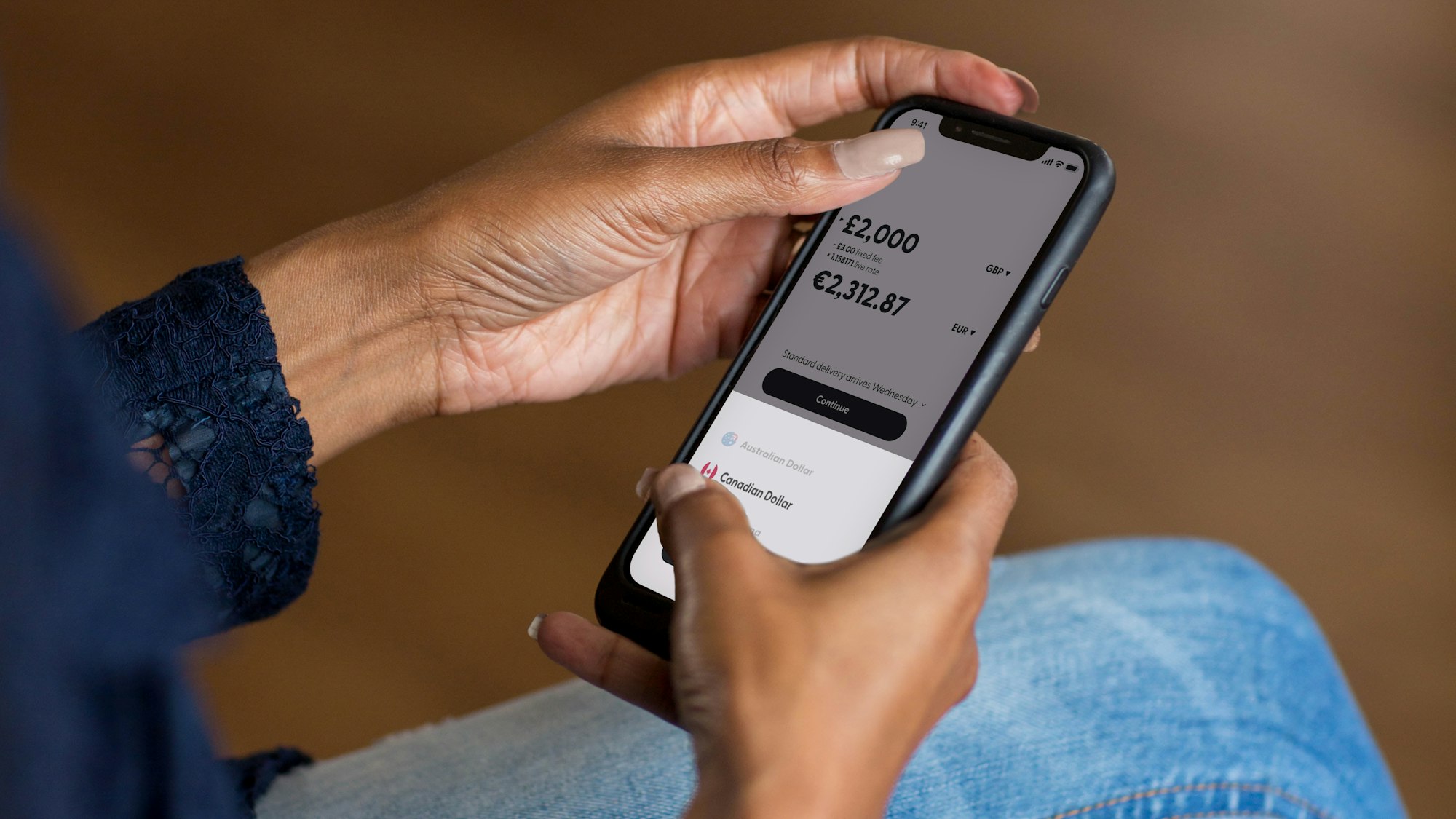Nigerians are facing transaction issues due to banking IT system upgrades

Many Nigerians have been experiencing downtime with their various banks since September. Complaints have become increasingly common, and reports suggest that this may be due to a mandate issued by the Central Bank of Nigeria (CBN).
Sources indicate that banks have been required to upgrade their IT infrastructure, leading to downtime across different institutions during the first few months. Several banks have indirectly confirmed this by sending notices to their customers, informing them that services would be temporarily unavailable. However, it remains unconfirmed whether this is due to directives from the regulatory body.
According to reports from Nairametrics, Sterling Bank was the first to experience this downtime in September, which reportedly lasted more than five days. This was due to the bank's decision to switch its core banking application from T24 to SEABaaS. In a statement, Sterling claimed that SEABaaS was developed specifically for the African market by Peerless, which is why it was chosen.
Other banks soon followed suit. For instance, GTBank transitioned from Basis/Banks software to Finacle in September, despite finalizing the decision to switch in September 2023.
Zenith Bank also changed its core banking system, moving from Phoenix to Flexcube. Reports state that Zenith initially claimed its downtime would only last from 12:01 AM to 5:00 AM on September 29, citing routine maintenance as the reason.

However, 48 hours later, numerous users reported on social media that they could not access the bank's services. The bank later notified the public that some services had been restored and upgrades were ongoing. It’s unclear how long these upgrades will take, but many users have taken social media to share their relief at regaining access to the bank's services.
Meanwhile, Access Bank has announced scheduled downtime from Saturday, October 12, at 10 PM to Sunday, October 13, at 6:30 AM. The bank explained that the downtime will occur in phases and affect most of its services, including the Access More app, internet banking platform, and ATMs. The reason given for this interruption is "a comprehensive system upgrade to optimize the functionality of our systems."
As mentioned earlier, it is unclear whether all these changes are due to mandates from the CBN; however, all the banks maintain that the upgrades aim to provide better services for their customers.
Interestingly, reports noted that five Nigerian banks—Zenith Bank, Access Bank, Guaranty Trust Holding Company, Wema Bank, and United Bank for Africa—have collectively spent N178.77 billion on technology upgrade efforts in H1 2024, with Access Bank leading the pack, spending N111.24 billion.
As Nigerian banks invest in upgraded IT infrastructure, it is expected that the system would provide a more seamless and reliable banking experience for customers, regardless of whether or not regulatory pressures drive these changes.
